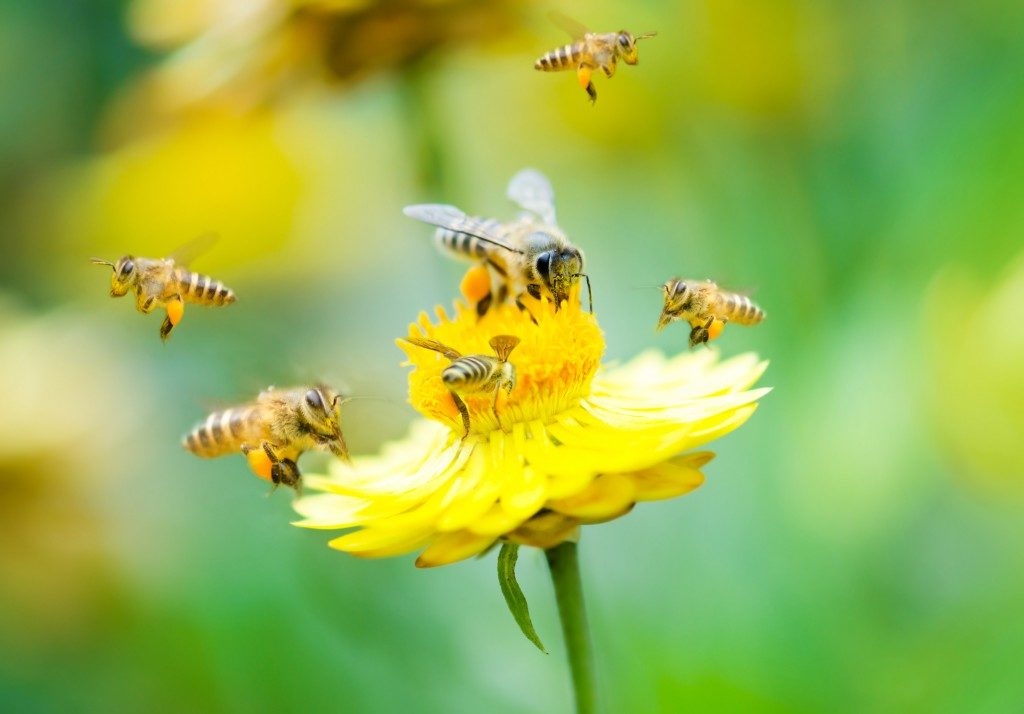Your backyard is your haven—and sometimes, you share it with other living creatures. Homeowners from Whangarei to Auckland and all the way down to Queenstown have had at least one encounter with a bird, insect, or other animals in their yard. In fact, birds are seen as “backyard barometers” or living indicators of our neighbourhood’s health.
Creating an environment that is safe for these creatures is a good way to keep your backyard ecosystem alive. Consider the following tips when you call your residential landscaping company to fix or maintain your yard:
Shrubs and Berries
Planting shrubs and berries is a great way to attract wildlife to your yard. Simple flowers placed in sheltered spots can help attract pollinators such as bees, ladybirds, and moths, as well as insects like hoverfly, which eat aphids off your prized plants.
Birds appreciate fruit and nectar trees, which also benefit other species. Native trees such as putaputawētā (marbleleaf), kōtukutuku (tree fuschia), and rewarewa (New Zealand honeysuckle) can provide for their needs. At the ground level, lizards will appreciate it if you grow dense plants such as coprosmas or muehlenbeckia. Creating hiding places such as rocks and log stacks around these bushes will also keep the animals safe from predators.
Trees
Like their smaller cousins, trees provide food for wildlife. Cabbage tree, in particular, has many benefits. Their shoots are edible and they produce berries that are eaten by birds, such as the kererū. Nectar from the tree provides support for bees, flies, geckos, and other critters. It’s also home to the cabbage tree moth.

New Zealand long-tailed bats depend on old native trees but have since adapted to willows, poplars, macrocarpa, and pines. Willows and poplars are popular with farms as they help mitigate droughts and erosion. Planting them in your backyard may attract some rare bats and help with your soil’s health too.
Don’t Plant Too Close to Home, Keep it Clear of Poison
Birds flying into windows sounds ridiculous, but it’s a serious problem to earn a nickname: window striking. It’s serious enough that at least 30 native birds are treated every year after they flew into window panes. Ask your landscaper to plant shrubs and trees far from your house to prevent untoward incidents.
To keep your yard extra safe, keep your fertilizer away from animals. Bone and blood meal and mulch products may pose a risk not only to wildlife but to your pets and children as well.
A nature-friendly backyard is fine, but it would be for naught if the people you live with don’t have the same respect for these critters as you do. Kids, in particular, may need more help than your adult friends and relatives.
Respect for critters can start by asking your children to be cautious with wild animals. Ask them not to startle the creatures by running, yelling, or pulling at their tails or wings. Teaching the children about the animals that land in your backyard may help them develop empathy with these creatures. Caring for wildlife is the responsibility of all New Zealanders, and it should start with adults teaching the next generation.

